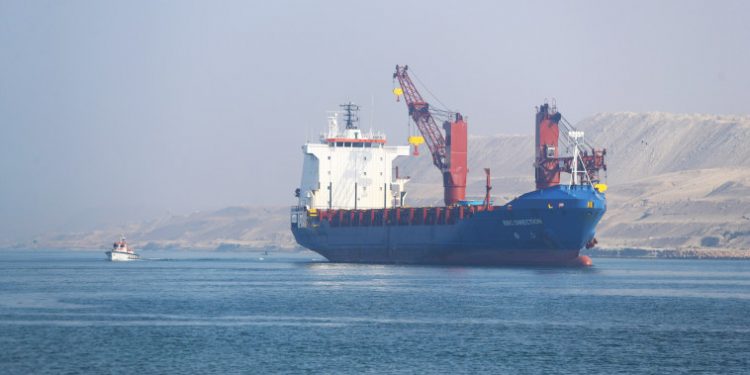The Houthi attacks in the Red Sea have been escalating in recent months, threatening the global supply chain. With the waterway connecting the Gulf of Aden and the Suez Canal, the Red Sea serves a key role in international commerce and trade. The increased tensions between the Houthi rebel group and the Saudi-led coalition in Yemen has raised concerns that the key shipping lane could be disrupted.
The Houthi attacks have included rocket fire, explosive drones, and most recently, mines targeting merchant ships and commercial vessels. The attacks have caused extensive damage, including the destruction of an oil storage facility in Saudi Arabia this month. The disruption of the Red Sea shipping lane could jeopardize the transportation of fuel, food, and other resources to the Middle East and beyond.
The United Nations has warned that the attacks could impede global trade, with the risk of disrupting the supply chain for economies around the world. If this were to occur, the cost of goods and services would increased, increasing the hardship for millions of people. Access to hospitals and other essential services could also be compromised if vital supplies are unable to be delivered.
The risk of an escalation in hostilities and a sustained disruption of the global supply chain is a very real one. This is why the international community must act to ensure that both sides of the conflict engage in peace talks and reach a peaceful settlement that ends the protracted conflict and allows trade and commerce to resume in the Red Sea and elsewhere.

















